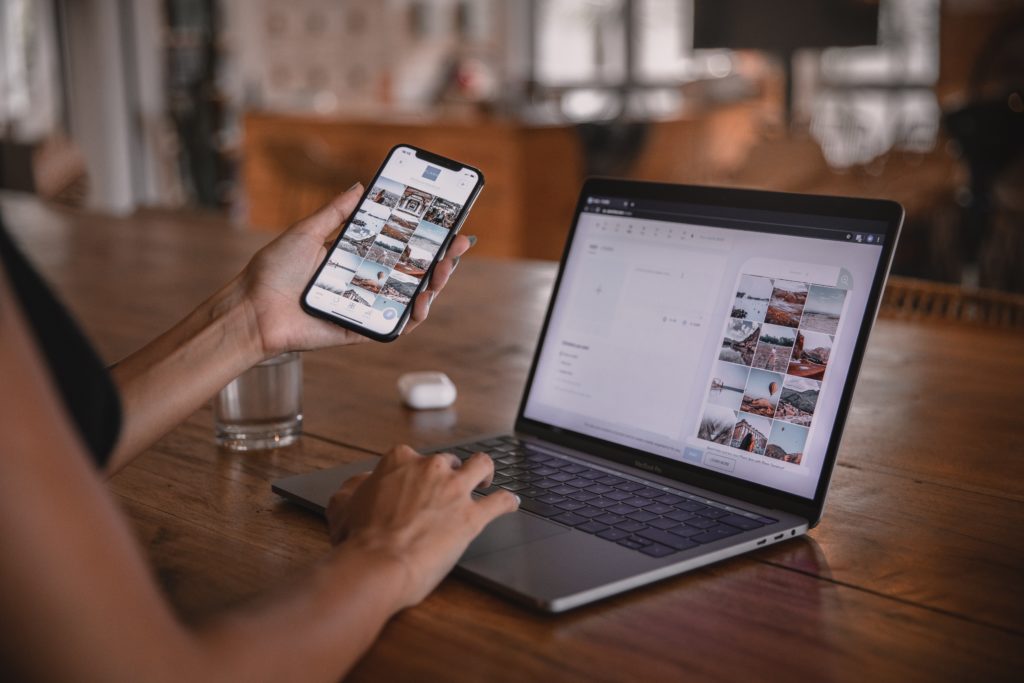Protecting Yourself as an Influencer

There’s a lot of information out there about how to become an Influencer, or how to grow your influencer business. But one step you should consider aside from planning your Instagram photo color scheme or editing your YouTube videos is how to protect yourself legally.
Even influencers with the best intentions could encounter a lawsuit, and most sponsors you work with will usually require you to have some level of liability insurance coverage. Making a false statement about someone, or posting content that belongs to someone else without permission are just a couple examples of actions that could lead to legal trouble (thebloglawyer.com).
There are three main actions to take to make sure you have basic protection:
1. Think about getting an umbrella insurance policy
You may have heard of general liability (GL) insurance, which is the basic insurance that can protect a business from a variety of claims including bodily injury, property damage, personal injury and others (thebloglawyer.com). But since your GL insurance can only cover costs to a certain extent, influencers should also consider obtaining commercial umbrella coverage. So in the case that your GL coverage limits have been reached, an umbrella insurance policy can take over.
Every influencer business is different, so while some influencers may also decide they need additional types of insurance (e.g. home-based business insurance, product liability Insurance, errors and omissions insurance), GL and umbrella insurance policies are a good start.
2. Make sure all of your business dealings are inside of a legal structure (LLC)
Since most influencers use their name as their brand, it can be more difficult to make the distinction online between your personal and professional life. This is why it’s important to incorporate your business into an entity that is formally recognized by the state and federal government (trovebusiness.com). An LLC, or limited liability company, is a business entity that helps shield business owners’ personal assets from business debt and lawsuits. This means that if your business is hit with a lawsuit, you, as a business owner, won’t be forced to pay the money from your personal finances (businessnewsdaily).
3. Read every contract and agreement and get help if you don’t understand something
It may seem like a big time commitment to read an entire contract, but it’s important to have an understanding of all the terms, and to seek assistance on any parts that aren’t obvious to you. You can always ask the brand/sponsor for clarification (boost-society.com). Common parts of a contract that you’ll want to be sure you understand before you sign include:
1) Details about when and how you’ll be paid
2) How long you are expected to work with the brand
3) Your ability to work with similar brands
4) How long and where a brand can use your content
5) How you or the brand can terminate the contract
6) If you will be reimbursed for anything, such as transportation
Remember, if you’re an influencer, you should conduct yourself as a business. Anyone can create a social media account, but if you’re using it to be profitable, seek out the legal protection you need to do it wisely.
Disclaimer: All information in this post is provided for educational purposes only and should not be considered legal advice for any specific person or specific situation.





